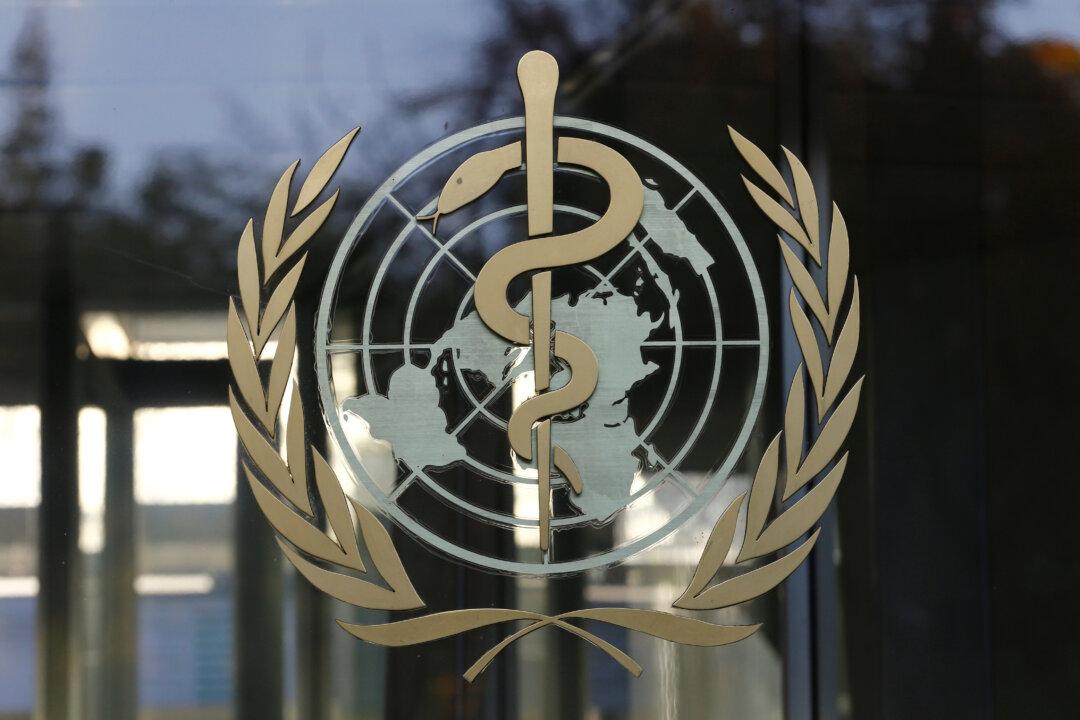Vaccine programs depend on public confidence, but trust is falling fast. One of the leading experts of vaccine confidence warned that without better science and a major shift in vaccine communications, vaccine programs could lose their most important supporters: doctors.
Dr. Heidi J. Larson heads the Vaccine Confidence Project (VCP) at the University of London’s London School of Hygiene and Tropical Medicine. The project aims to analyze concerns about immunization, and steer the public toward sustained confidence in vaccine programs.






